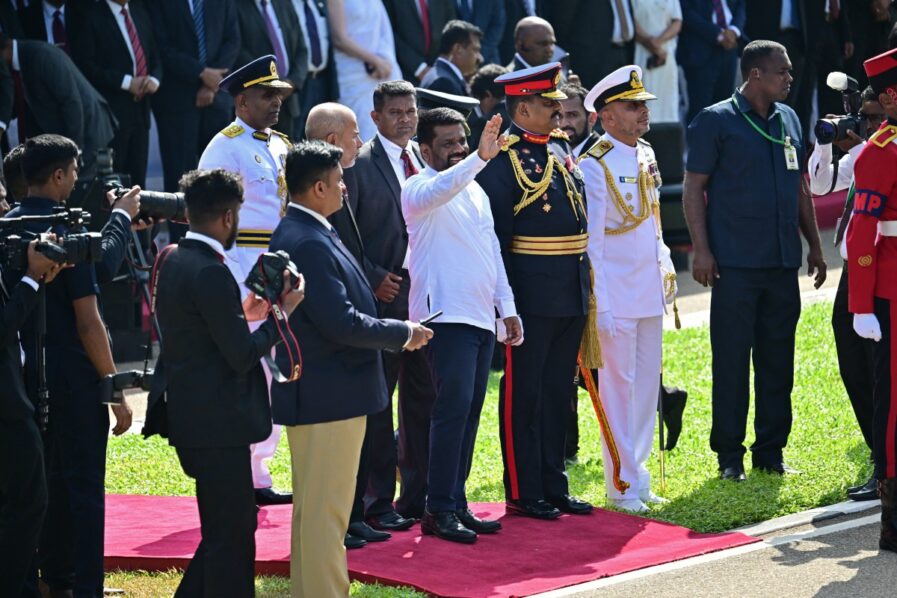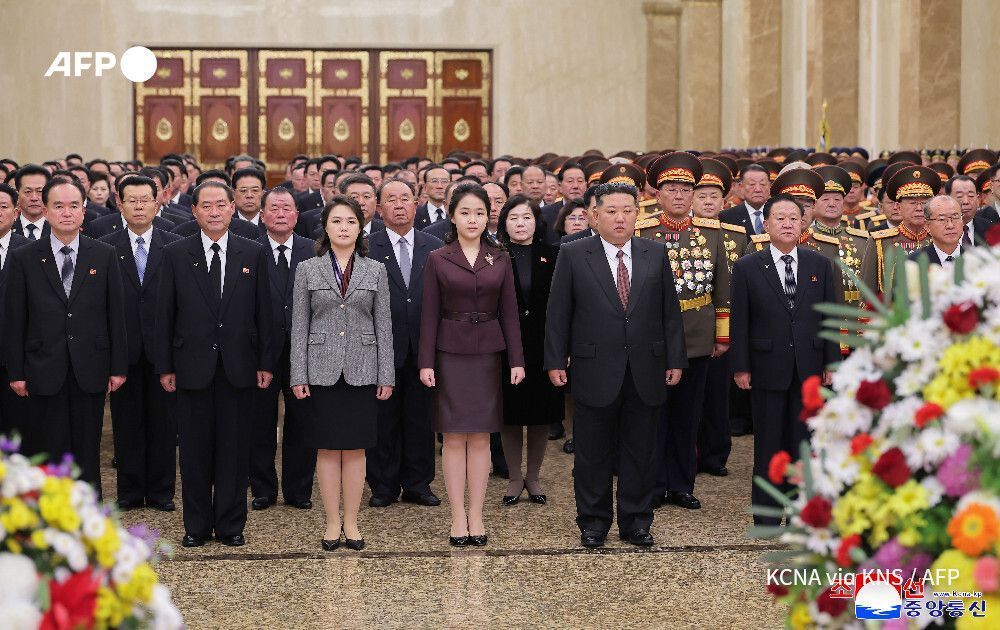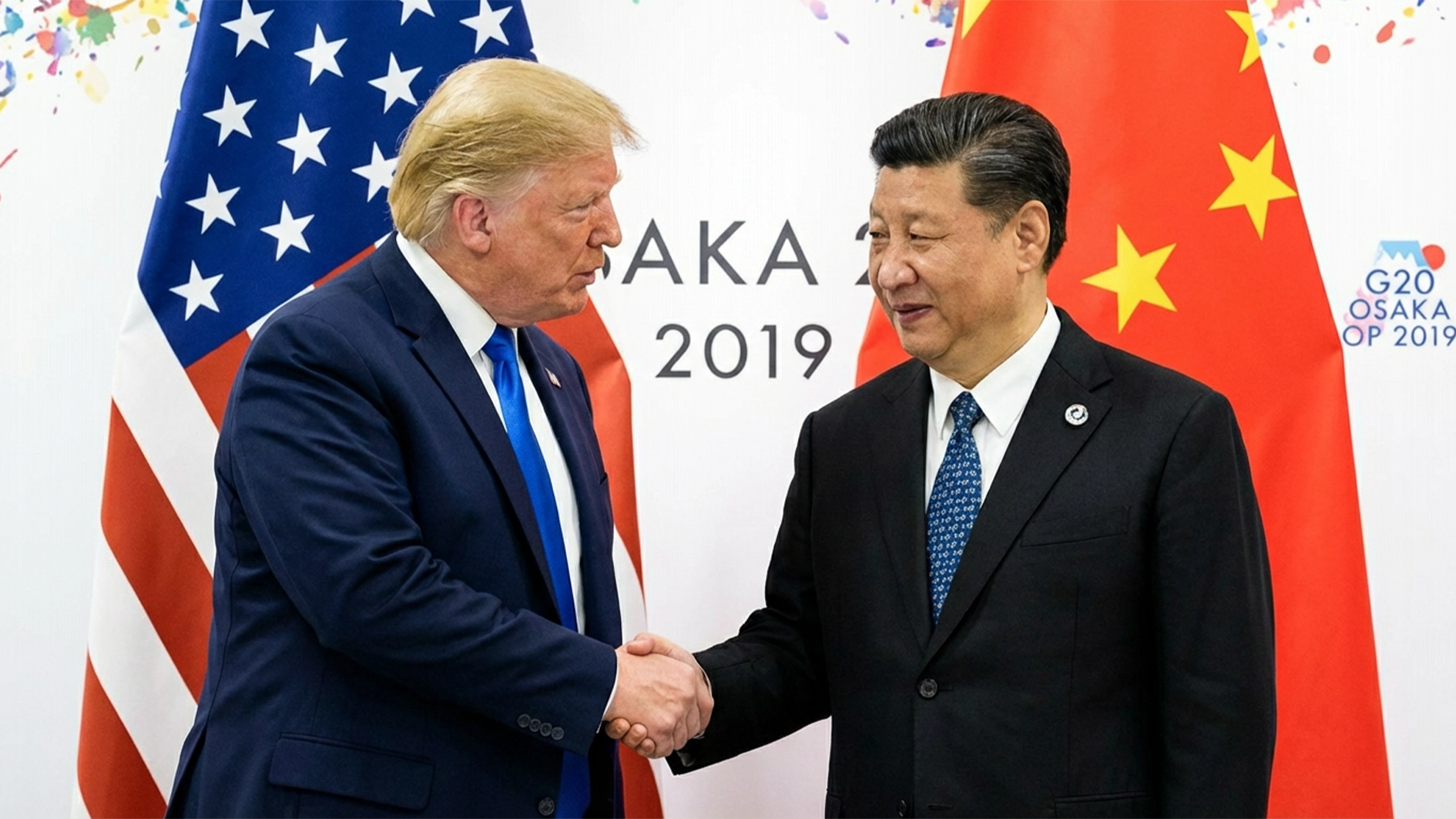
Sri Lanka’s leftist president marked the anniversary of independence from Britain on Tuesday with a pledge to change the impoverished island nation’s image as a “corrupt” country.
Self-avowed Marxist Anura Kumara Dissanayake dispensed with the usual elaborate military pageantry of jet flyovers and horse parades to mark the 1948 handover of power.
His government instead staged a scaled-down military march in keeping with his pledge to pare lavish spending on government officialdom.
“We are committed to transforming Sri Lanka’s global image from a country known for corrupt governance,” he said in a message to the nation.
“Despite countless obstacles and the deep-rooted flaws of the past corrupt political system, the people’s government, built by the collective will of the citizens, is steadily progressing forward.”
Dissanayake’s government concluded a long-delayed debt restructuring with both bilateral and private creditors late last year, ending Sri Lanka’s status as a bankrupt nation.
Sri Lanka had defaulted on its $46 billion external debt in April 2022 after running out of foreign exchange to finance the import of food, fuel, medicines and other essentials.
The unprecedented economic meltdown forced then-president Gotabaya Rajapaksa to step down. His successor, Ranil Wickremesinghe, secured a $2.9 billion bailout loan from the International Monetary Fund.
Dissanayake, who defeated Wickremesinghe in elections last September, is maintaining the tough austerity measures introduced under his predecessor’s administration and has vowed to continue the four-year IMF bailout programme.
“As the new government, over the past four months, we have laid the foundation for a stable economy and introduced a new political culture,” Dissanayake said.






